In today’s episode, we will talk about the best board games for speech therapy and how you can adapt them to meet your client’s goals.
We all know that board games are a huge hit in speech therapies, that’s why today we are going to be using them to effectively address multiple speech and language goals. Not only that, using board games allows you to scale back on planning time which I know we all appreciate for those times that life is more chaotic than usual.
I will be talking about best board games that helps target speech-related goals like Articulation and Phonology such as Candy Land and Labyrinth. I will also touch on briefly how they can be adapted for speech therapy. For Language-related board games for Speech therapy, Guess Who? Junior is great in targeting Expressive and Receptive Language.
What about some other games that isn’t necessarily a board game? Jenga is a crowd-pleaser, and super adaptable to speech and language therapy. I will be also be talking about Headbanz, my personal favorite, which is great for targeting anything from expanding language to working on sorting words into semantic categories, there are just so many possibilities.
For the children with reading difficulties, some games you could use to target your goals involving phonics or decoding skills could be Scrabble junior and Bananagrams. For turn-taking, two of my favorites are Pop the Pig and Honeybee Tree. For problem-solving, be sure to look into Clue Junior for a high-level thinking skills.
Thanks so much for tuning in today! I would love to hear about board games for speech therapy that are working for you.
Links & Resources:
- The Digital SLP’s FREE sampler resource library
- The Digital SLP’s Teachers Pay Teachers Store
- Sign up for a free trial or sign up
- Episode 91: The Best Games for Speech Therapy – Digital Edition
Full Transcript of Podcast: The Best Board Games for Speech Therapy
Episode 92: The Best Board Games for Speech Therapy
You're listening to the Speech Space Podcast, a podcast full of tips and resources for SLPs. I'm your host, Jessica Cassity, and this is Episode 92.
Hey, there! Today, we are going to be talking about the best board games for speech therapy and how you can adapt them to meet your students' or clients' goals. If you missed the last episode, Episode 91, we were also talking about games for speech therapy, but we were talking about the digital-type. So go back and check out that episode, if you missed it. Before we get started for today's episode, I did want to mention that this podcast is brought to you by The Digital SLP membership site, which is a site that features time-saving interactive digital resources that are all teletherapy platform-friendly. And as you know, all of these games are also great for in-person therapy sessions as well. You can learn more or sign up by heading on over to thedigitalslp.com/digitalslp.
We all know that board games are a huge hit in speech therapy. So that is why today we're going to be covering how we can use them to effectively address multiple speech and language goals. You know, not only do students love board games, but using them allows you to scale back a bit on your planning time, which I know we all appreciate for those times when life is more chaotic than usual. First, we're going to talk about games that target speech-related goals like articulation and phonology, and the first game that's up is the very popular Candy Land. Now, Candy Land can be used to target a number of phonemes, but today I'm going to give you an example of how you might use the game when working on /S/ clusters. So to adapt this game for your speech room, you can make your own cards with your own target sounds or words or phrases. So, for example, when targeting /S/ clusters, you could have a word per square. And if a student or client pulls a card with two purple squares on them, then they would have to articulate the words swing and slide, for example, in order to move toward the finish line. The next game is Labyrinth. Now Labyrinth is a game that's well suited for some of our older students. And you know, this can be great for those who love dragons and ghosts. Now, the object of this game is to find your way through the maze while discovering the most treasure. So an adaptation for SLPs would be to attach your target to the treasure chips. In order to keep the chip your client or student must attempt to say the target sounds or word or phrase. And you know, this really creates a positive association with meeting their speech goals, but also while having fun, addressing them.
Let's talk about language-related games for speech therapy, more specifically expressive and receptive language. So the first game we're going to talk about is Guess Who? Junior. Now Guess Who? incorporates many skills that are involved with language acquisition. And the premise of the game is to guess your opponents' target by asking them to identify the response to yes or no questions. So while targeting the right yes or no responses can be great, Guess Who? can also be used to target pronouns by asking your opponent questions like, does he have brown hair? Not only are you targeting the correct use of pronouns, but you're actually simultaneously targeting expressive and receptive language at the same time. In order to play this game, the client would have to comprehend the question and know how to properly respond in order to win. So, of course, you're going to wanna make sure that your student can do those things prior to playing this game with them. Another popular game is Jenga. Now, while Jenga isn't necessarily a board game, I simply couldn't leave it out. Jenga is a crowd-pleaser, and it's super adaptable for speech and language therapy. For those of you who don't know, the object of the game is to be the last successful player to remove and stack a block before a player makes the tower fall. One of the best ways to use Jenga is to purchase your very own set of blocks. Write wh-questions on them, and then take turns asking these questions amongst you and your students. This game simultaneously targets expressive language, receptive language, and turn-taking skills. Now, we're going to discuss one of my personal favorite games for speech therapy, Headbanz. Headbanz, if you're not familiar is a fun, high-energy game for children of all ages. During this game, each player wears a headband with a picture on it, and then the players take turns asking questions and giving each other clues to guess the picture on their headband. This game can be used to target anything from expanding language, to working on sorting words into semantic categories, to working on descriptive language. I mean, there are so many possibilities, wh-questions... It just such a diverse game, and that is part of why I love it. But the other part is, I think it's actually really fun to play, and students generally really love it too. Some other games that are worth checking out that I'm just going to describe briefly are Scrabble junior and Bananagrams. Now those can be great for students who are being seen for reading difficulties, because those are great for working on phonics and decoding skills. For turn-taking, two of my favorites are Pop the Pig, which is always a big hit and Honeybee Tree. And if you're looking for a game that works on problem-solving, you might wanna look into Clue junior, because that's really great for higher-level thinking skills.
Now that you have some fun ideas for board games in speech therapy, I would love to hear about the ones that are working for you and any others that you would like to add to the list. Feel free to share your comments. You can always DM me on Instagram. My handle is @thedigitalslp, and I also am always open to receiving emails at jessica@thedigitalslp.com. Now, like I mentioned at the beginning of the show, we are now offering a free trial of Digital SLP, which you can get by going to thedigitalslp.com/digitalslp. Thanks for tuning in, and I look forward to being back in a couple of weeks.

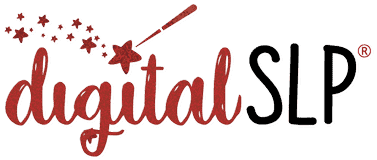
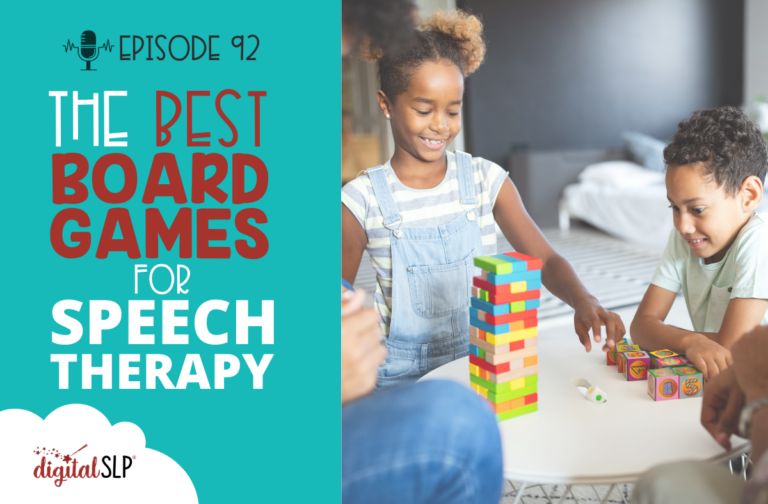
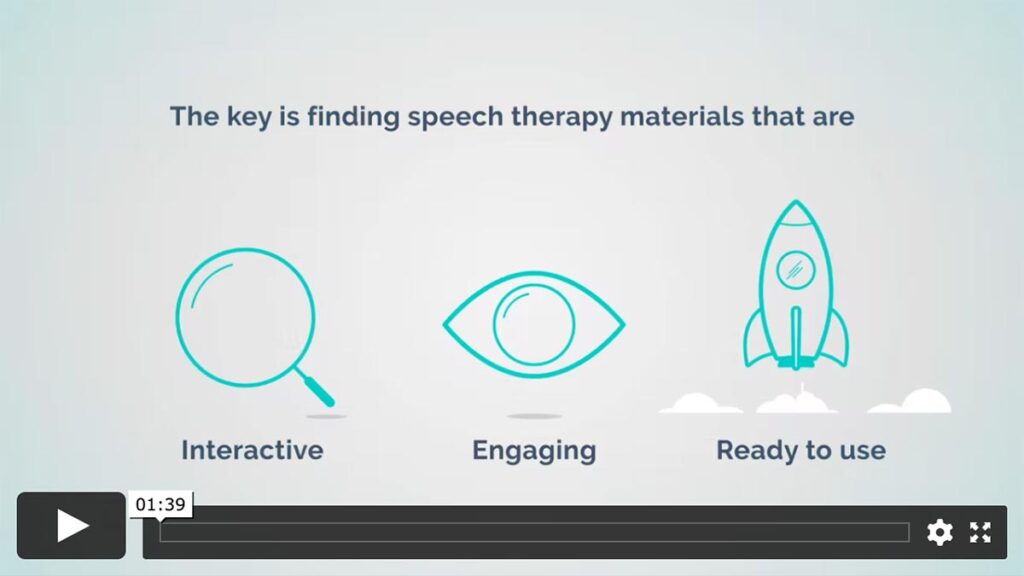
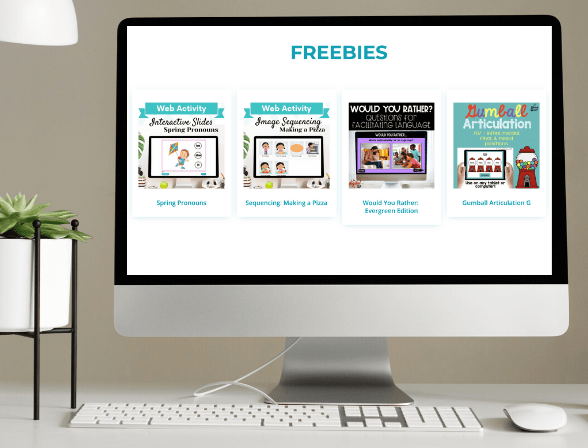

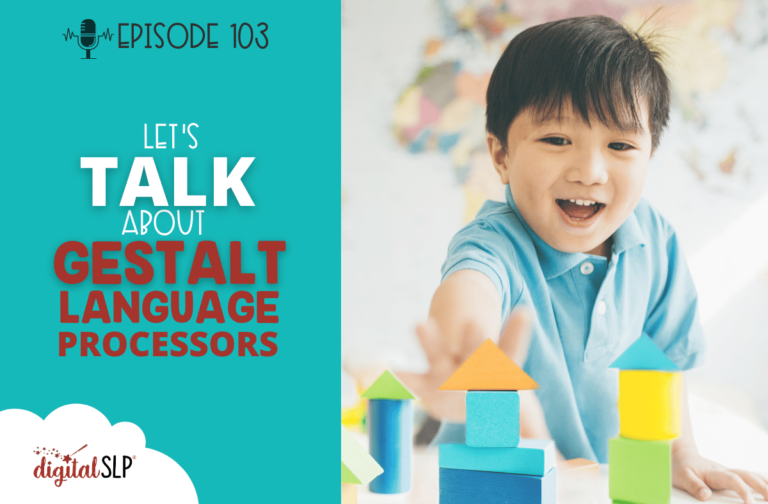
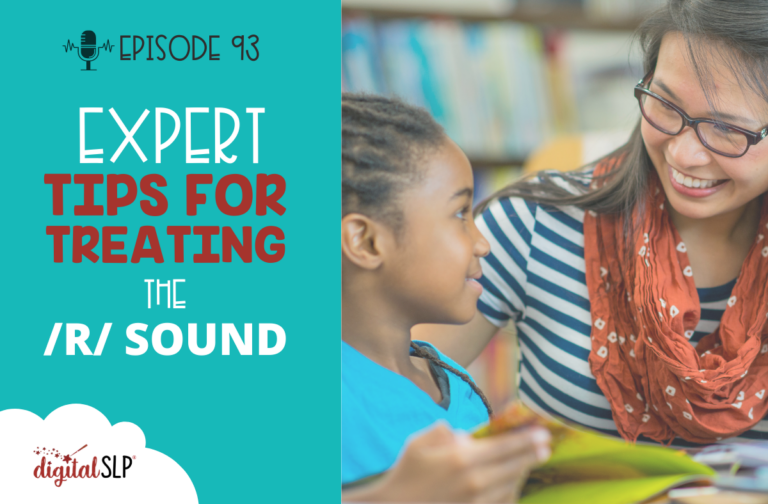
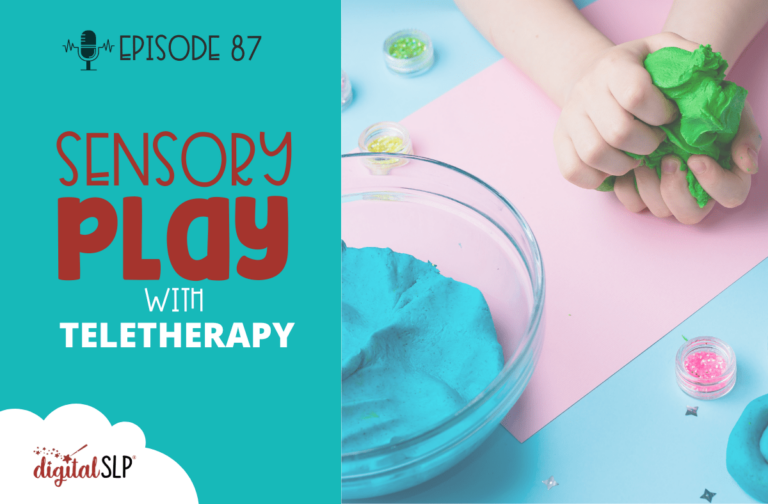
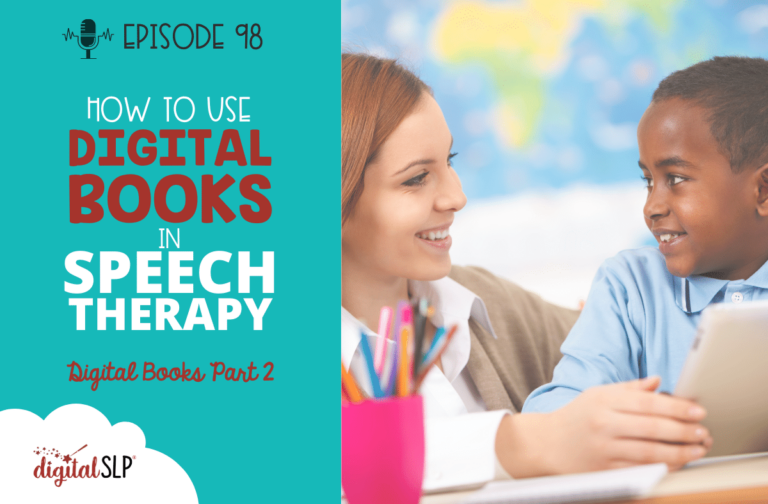
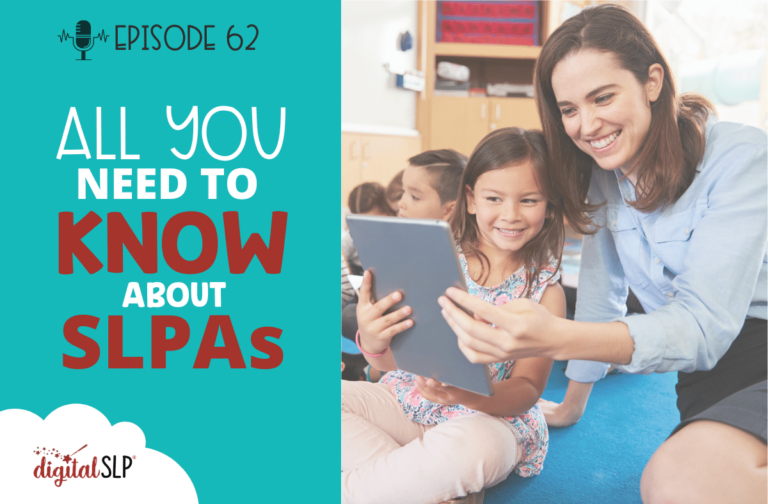


Recent Comments